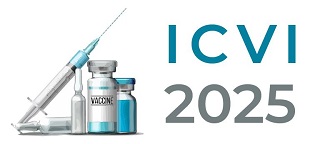Human Vaccines
Human Vaccines
Vaccines are employed to mitigate the risk of illnesses by enhancing the immune system's defences. When administered, a vaccine triggers immune responses that guard against specific diseases, reducing the likelihood of falling ill. Louis Pasteur, a notable scientist, pioneered the treatment of Rabies disease. Consequently, Rabies vaccines have consistently been at the forefront of advancements in production and control. In terms of vaccines for human use, around 1955, a pivotal shift occurred in their formulation—from animal nervous tissue to embryonated eggs. Subsequently, around 1960, a transition was made to cultivating Rabies virus in human diploid cell cultures, marking a significant advancement in vaccine development.
- Hepatitis Vaccines
- Mucosal Vaccines
- DNA Vaccines
- Tuberculosis Vaccines
